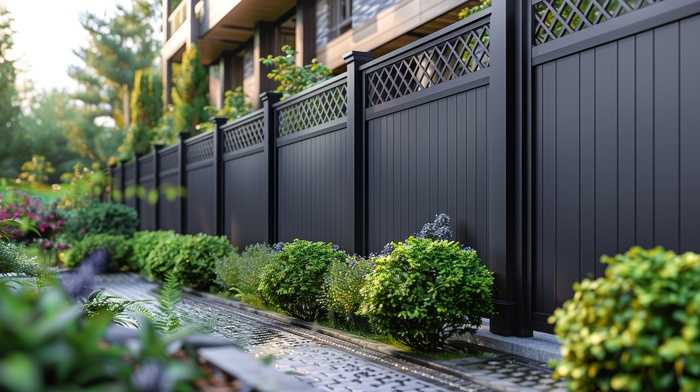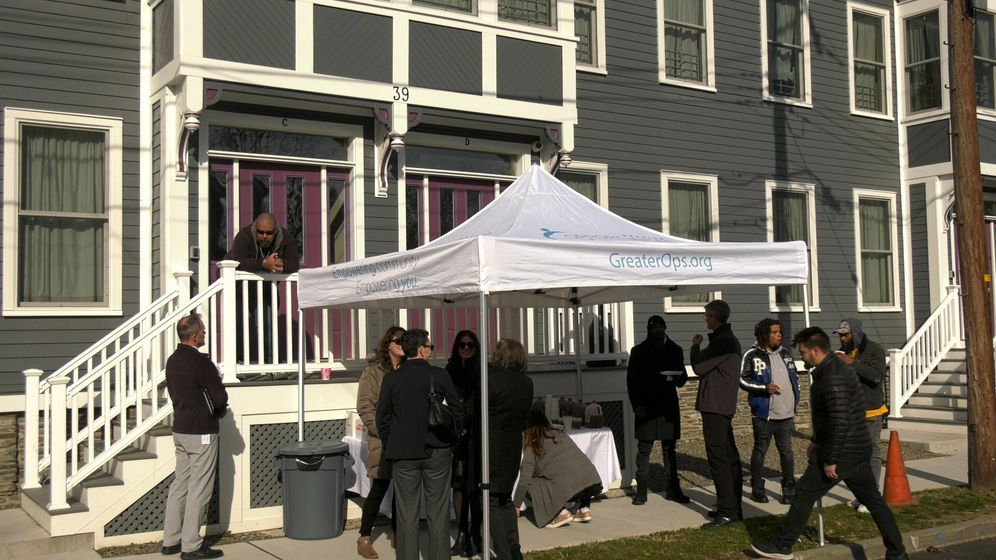Antique grandfather clocks are not only beautiful pieces of craftsmanship but also sentimental family heirlooms that often get passed down through generations. To ensure their longevity and maintain their delicate mechanisms, routine antique grandfather clock servicing is essential. Regular maintenance helps to preserve the clock’s intricate design, prevent wear and tear, and ultimately protect the value of this cherished possession. In this article, we will discuss the importance of routine servicing and how it can extend the life of your antique grandfather clock.
The Complexity of Antique Grandfather Clocks
Antique grandfather clocks are masterpieces, combining artistry and precision engineering. Their mechanical movements involve intricate gears, weights, pendulums, and chimes, all of which need to function harmoniously to ensure accurate timekeeping. Over time, dust, humidity, and regular use can cause these delicate components to wear down or misalign. A well-maintained clock can continue working for many decades, while neglecting routine servicing may result in costly repairs or irreversible damage.
Preventing Wear and Tear Through Routine Servicing
Routine Antique Grandfather Clock Servicing involves regular checks and adjustments to ensure the components are in optimal working condition. One of the most important aspects of servicing is oiling the clock’s moving parts. Over time, the lubricants in the clock can dry out, causing friction and wear. Routine servicing helps replenish the oil and prevent rust or corrosion that could damage critical parts.
Additionally, the gears and other mechanical elements may become misaligned with age. Regular maintenance ensures that the clock is properly calibrated to maintain its timekeeping accuracy. This helps to prevent inaccuracies and possible breakdowns that could result in costly repairs down the line.
Extending the Lifespan of Your Antique Grandfather Clock
Like any complex mechanism, the key to preserving the longevity of an antique grandfather clock is to address issues before they become significant problems. Routine antique grandfather clock servicing includes cleaning the movement to remove dust, grime, and other particles that may accumulate over time. Excess dust and debris can impede the movement, leading to sluggishness or malfunctions.
A skilled technician will also inspect and tighten any loose screws or bolts that could compromise the clock’s structural integrity. This careful attention to detail ensures that the clock operates as it should for many more years, allowing you to enjoy its beauty and functionality without worry.
Preserving the Value of Your Heirloom
One of the most compelling reasons for routine antique grandfather clock servicing is the preservation of its value. These clocks are often passed down through generations and can become highly valuable, both financially and sentimentally. Keeping the clock in top condition with regular servicing ensures that it retains its market value and historical significance. Potential buyers or future generations will appreciate a well-maintained heirloom that retains its beauty and functionality.
On the other hand, neglecting routine servicing can result in deteriorating parts or aesthetic damage, which could lower the value of the clock. This is especially true for antique clocks, where even small imperfections can affect their worth. Proper care and routine maintenance help to protect the investment you have in your clock, allowing you to preserve its legacy for years to come.
Choosing the Right Technician for Routine Servicing
For optimal results, it is essential to choose a qualified technician who specializes in antique grandfather clocks. Routine antique grandfather clock servicing requires knowledge of historical clock mechanisms and the proper tools to handle delicate repairs. A professional clockmaker or technician will have the expertise needed to ensure that your clock is serviced correctly, whether it needs minor adjustments or more extensive repairs.
Additionally, a trusted technician can offer advice on how to care for your clock in between servicing sessions. For example, they may recommend proper storage techniques, humidity control, and tips for maintaining the clock’s finish.
Conclusion
Routine antique grandfather clock servicing is vital for preserving the functionality, aesthetic appeal, and value of these precious family heirlooms. Regular maintenance prevents wear and tear, extends the lifespan of the clock, and ensures that it continues to serve as a functional piece of art for generations to come. By entrusting your clock to an expert for periodic servicing, you not only protect its mechanical integrity but also safeguard the emotional and financial investment you have made in your heirloom.




